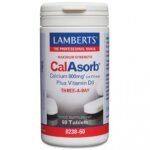
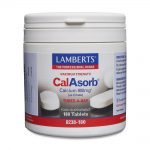


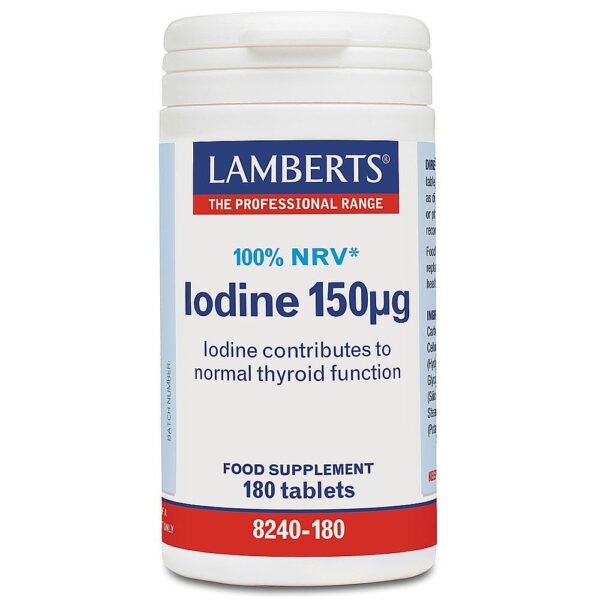
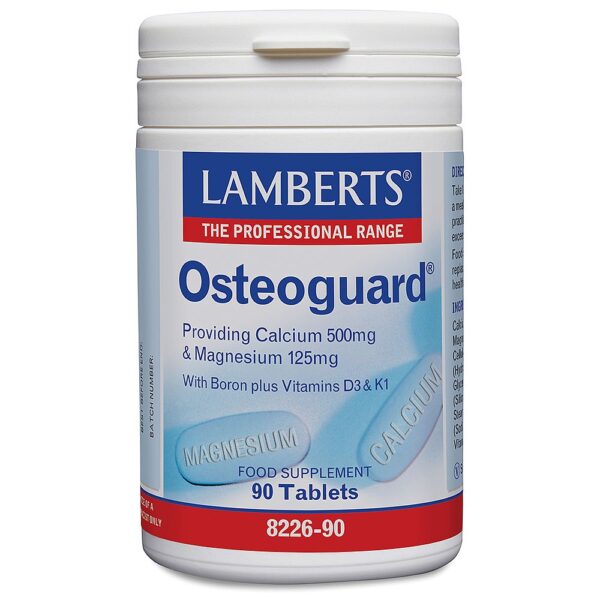
CalAsorb- Calcium 800mg Lamberts
£6.71 – £14.21
Calcium 800mg
Lamberts CalAsorb- Calcium 800mg is an essential mineral that plays a crucial role in maintaining overall health and functioning of the body. It is the most abundant mineral in the human body, primarily found in the bones and teeth. Here are some key aspects of calcium:
- Bone Health: Calcium citrate 800mg is vital for building and maintaining strong bones and teeth. It provides the structural framework for bones and contributes to their strength and density.
- Adequate calcium intake throughout life, along with other factors like vitamin D and exercise, is important for reducing the risk of osteoporosis and fractures, especially in older adults.
- Muscle Function: Calcium 800mg is involved in muscle contraction and relaxation. When a muscle receives a signal to contract, calcium ions are released, enabling the muscle fibers to contract. Proper calcium levels are necessary for normal muscle function, including the heart muscles.
- Nerve Function: Calcium ions play a role in transmitting nerve signals throughout the body. They are essential for nerve cell communication and the release of neurotransmitters, which allow nerves to send messages between the brain and other body parts.
- Blood Clotting: Calcium is involved in the blood clotting process. When there is damage to blood vessels, calcium ions help form a blood clot to stop bleeding. This mechanism is important for wound healing and preventing excessive bleeding.
- Other Functions: Calcium is also involved in various other physiological processes, such as hormone secretion, enzyme function, and maintaining the stability of cell membranes.
Sources of Calcium: Good dietary sources of calcium include dairy products (milk, cheese, yogurt), leafy green vegetables (such as broccoli and kale), tofu, fortified plant-based milk alternatives, nuts, and seeds.
Calcium supplements are also available, but it’s generally recommended to obtain calcium from food sources whenever possible.
Daily Calcium Requirements: The recommended daily intake of calcium varies by age and gender. The general recommendations for adults are around 1000-1300 mg per day, depending on age and specific needs.
However, individual requirements may vary, and it is best to consult with a healthcare professional or registered dietitian to determine the appropriate intake for you.
It’s important to note that while calcium is essential for health, excessive calcium intake can lead to health issues, such as kidney stones and constipation.
Balance is key, and it’s advisable to obtain calcium from a well-rounded diet and consider supplementation only under the guidance of a healthcare professional if needed.

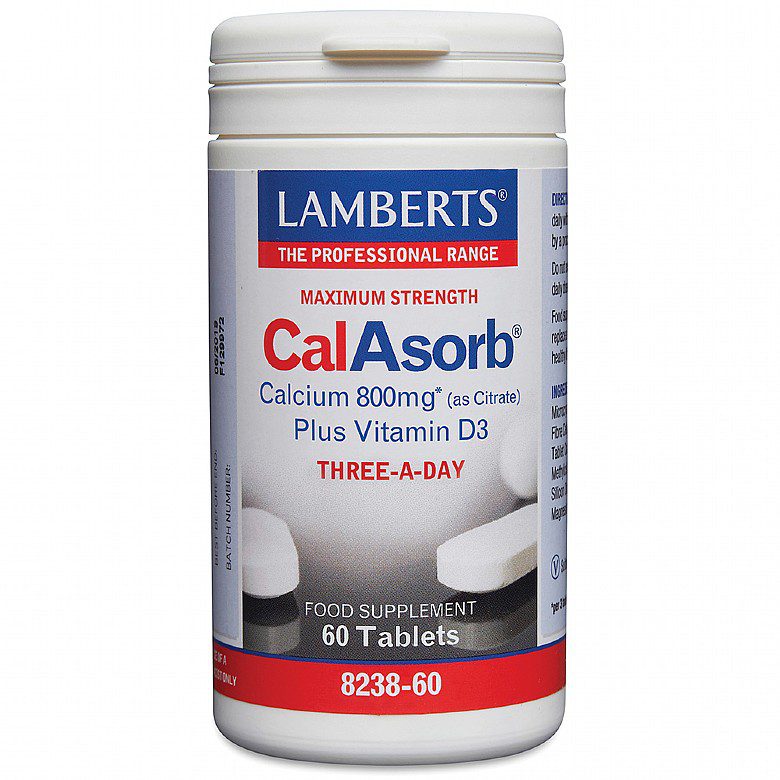
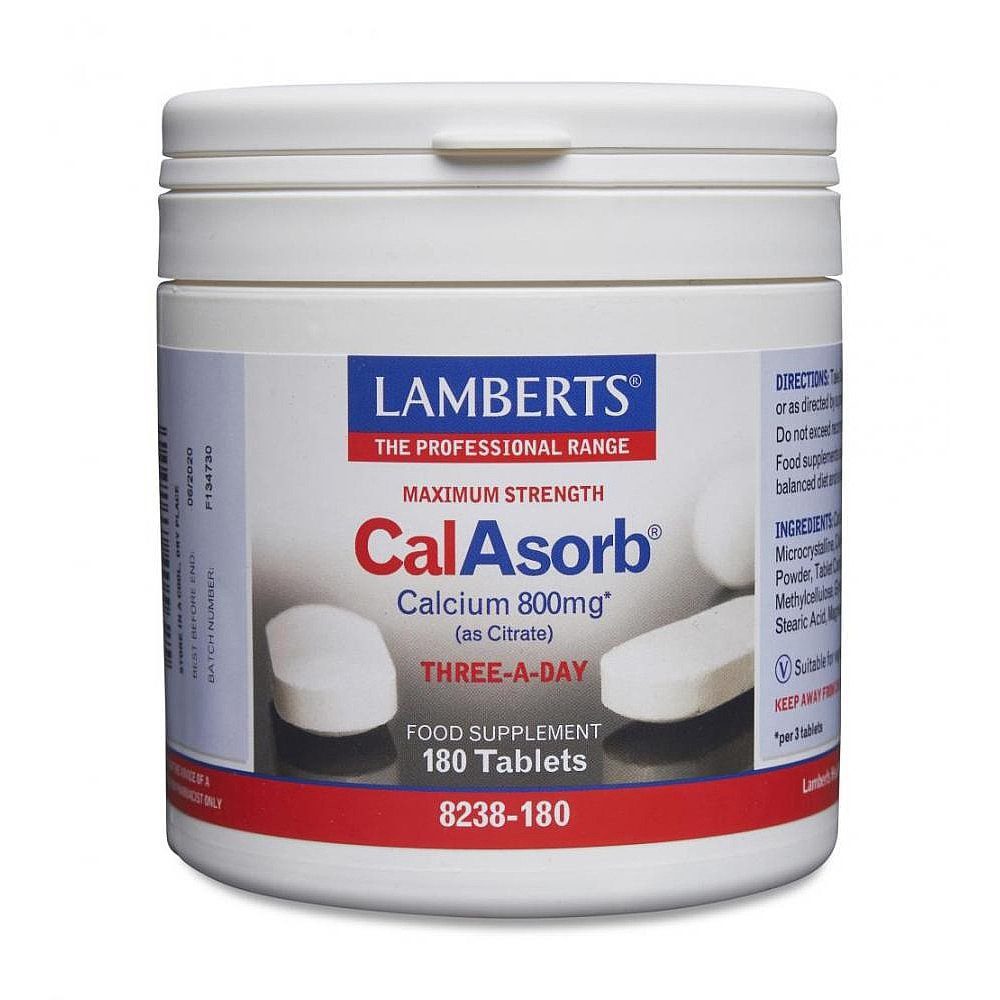
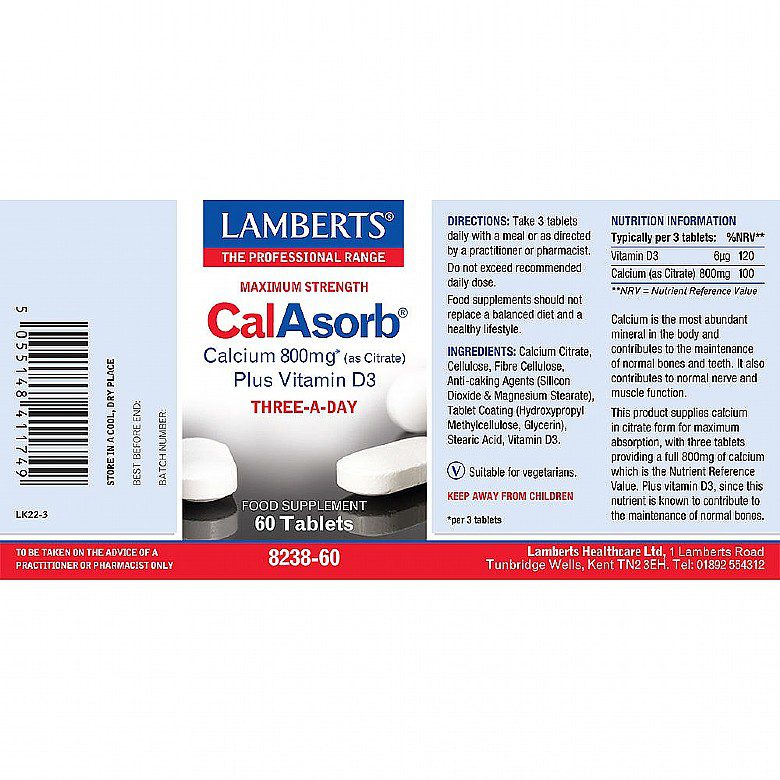

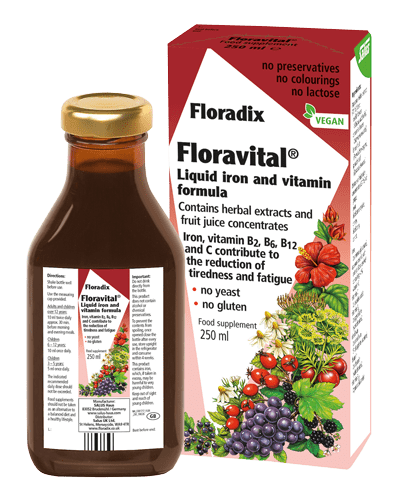



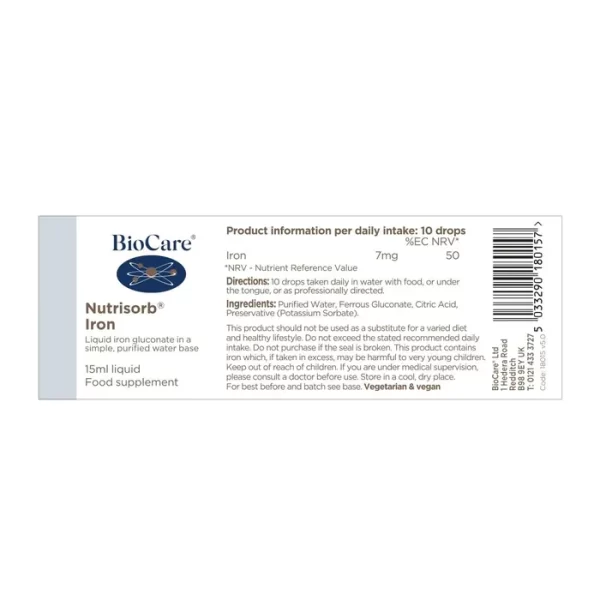




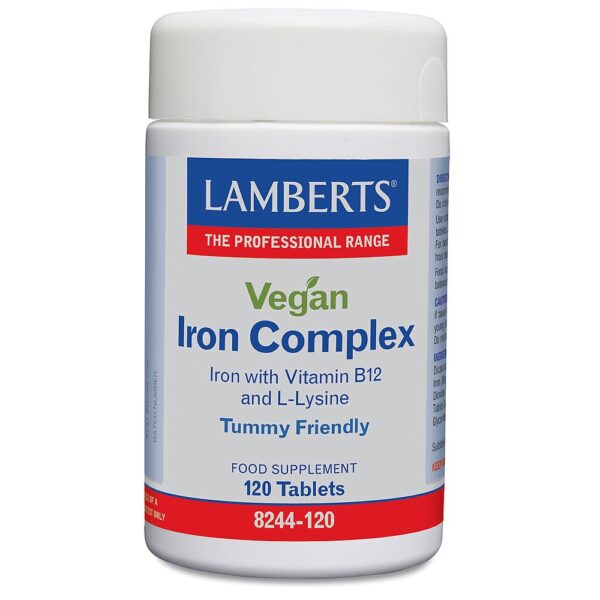
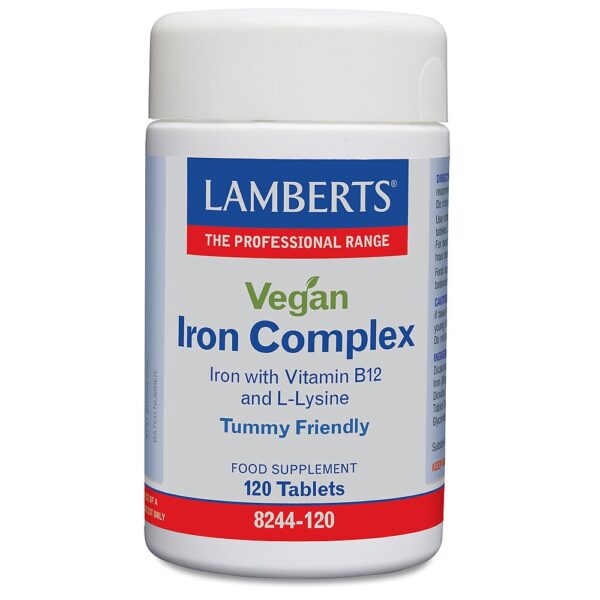




Reviews
There are no reviews yet.